Current thinking is that when THC binds to receptors on the submandibular glands, it prevents said glands from receiving messages from the nervous system. One of these is connected to saliva production, and so a significant decrease in levels occurs.
Causes of dry mouth besides cannabis
There can be a number of other triggers for dry mouth. Initially, inadequate fluid intake, especially of water, can be responsible. Also, excessive amounts of dry, high sodium foods, such as biscuits, potato chips, or cured meat or dairy products, can also cause these symptoms. In addition to food-related issues, we also see a correlation with hot and dry weather conditions. The experience may also be familiar to those who sleep with their mouths open; though saliva is continuously produced, the mouth dries out at a faster rate than saliva can be produced.
Is dry mouth harmful to health?
Whilst in and of itself, it is not a danger to health, it can be a side effect of some health issues and, at the very least, can be quite uncomfortable if present for prolonged periods of time. In addition, a dry throat can cause difficulties with swallowing, especially in those who may already have difficulties, such as the elderly and infirm.
Dental health can also be impacted in the long term, as teeth can start to weaken as they become drier and more sensitive.
The science behind the dry mouth and smoking cannabis
It may seem obvious that a dry mouth is caused simply by smoking, and that is a logical and correct assumption, but it is only part of the story. The real cause of dry mouth stems from the way in which cannabinoids, the active compounds in cannabis, interact with the human endocannabinoid system.
The endocannabinoid system consists of cannabinoid receptors that are found throughout the human body, including the brain. Cannabinoids in marijuana activate these receptors, causing all sorts of reactions and triggering certain processes. Saliva production is one such process that is affected.
Saliva production in our mouths is controlled by the part of the autonomic nervous system known as the parasympathetic nervous system. It is an automatic system process, where the brain sends impulses to the salivary glands to stimulate saliva production, all without us having to do anything about it. Interestingly, our subconscious can also influence this process. For example, when we think of a delicious meal, or even certain substances like vinegar or citrus, we can unknowingly trigger our brain to send more impulses to the salivary glands, increasing its production.
Since cannabinoid receptors are present in all parts of the human body, it is not surprising that researchers have also found them in the submandibular glands — the second largest of the three main salivary glands.
Dealing with saliva production issues.
Other than increased fluid intake, recommended as sipping little and often, other things that can be done to help alleviate the dry mouth phenomenon after smoking cannabis, include:
Chewing
Chewing stimulates saliva production, which means that it can help with dry mouth. Relatively small amounts of chewing something like commercial gum, can very effectively re-stimulate the salivary glands.
For those who don’t like or can’t use chewing gum, other alternatives include things like dried fruit or other foods that are, by definition, chewy in texture. Be sure to choose low sodium options, or it can become counterproductive.
Candies / Lollipops
Just as chewing can be a good way to stimulate saliva production, licking a lollipop, a plain or a cough candy can also help — as they do when we experience sore throats from colds or allergies — because the action of sucking on sweets or lollipops has the same effect as chewing; it increases saliva production to help reduce dry mouth. There are now innumerable flavours available, from sweet to sour, to salty to sugar-free.
Interestingly, it is sour flavours that are most potent in kick-starting the glands into producing more saliva. Thus, sour candies may be even better than sweet ones, if they can be tolerated. For those especially strong of tooth enamel and constitution, adding a slice of lemon or splash of vinegar into the mix can be very potent.
Herbal teas
Alongside an uncomfortably dry mouth, some long term smokers (of any substance) can experience the feeling of a sore and irritated throat that is caused by smoking. In most modern grocery stores, you can quickly find a variety of herbal, fruit or spiced teas, which are an excellent natural way to keep the throat hydrated: adding a little lemon or lime juice can contribute to an even more effective result.
Sore throat preparations
In cases where teas, commercial candies or lollipops don’t seem to adequately reduce the dryness, then specially formulated preparations for sore throats may be of use. These oral lozenges or liquids are available without a prescription — often used by singers and public speakers to deal with anxiety-related dry mouth — and work on the principle that they coat the mucous membranes in the mouth and throat with a wet film layer, proactively helping to get rid of dry mouth for longer.
Limiting intake of sugar and salt
Whilst high sugar and salty foods can be very tasty (arguably, addictive) they also carry some negative side effects besides the well known ones involving cardiovascular health and diseases like diabetes. Products high in either will very quickly dehydrate the body, and so excessive consumption will, more often than not, result in a dry mouth developing more quickly, especially when in tandem with smoking.
Humidifier
For those that sleep with their mouths open at night, humidifying the air during sleep can significantly help with discomfort in the long run.
Normally, when sleep occurs, the body produces more saliva in an attempt to protect the mouth and prevent it from drying out. A continuously open mouth will prematurely dry the saliva, and eventually result in a dry throat, reducing the enjoyment of smoking further. The addition of a humidifier in the room when sleeping can be of significant help/
Oral care products
As it happens, mint - which is found in almost all toothpastes and mouthwashes around the world - has been shown to stimulate the salivary glands. Thus, it is an excellent option for treating dry mouth, with the added benefit of maintaining oral hygiene and ensuring fresh breath - a factor often sought out by smokers of tobacco and cannabis alike.
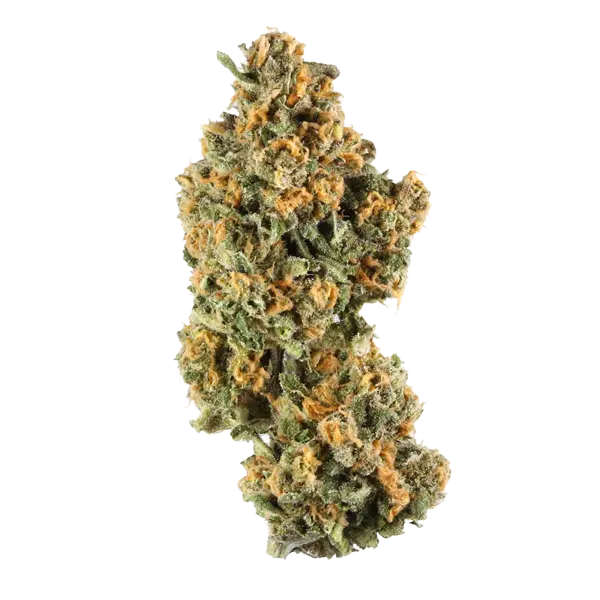
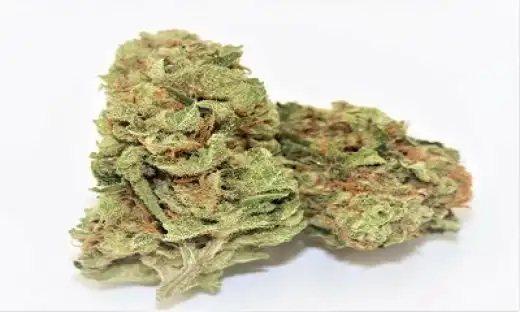

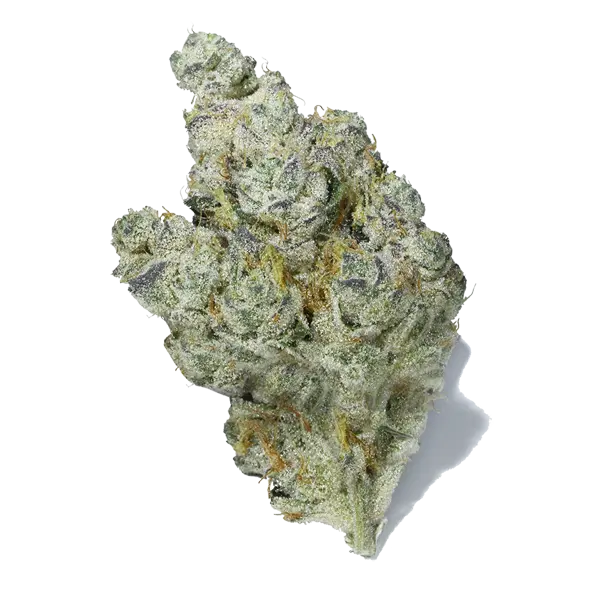
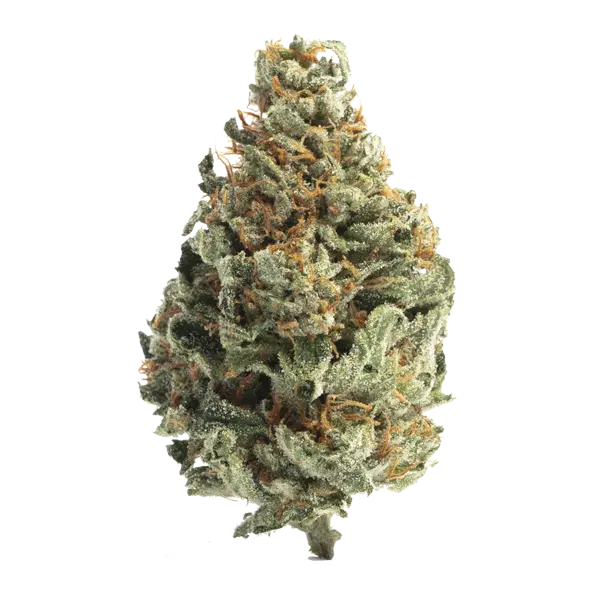
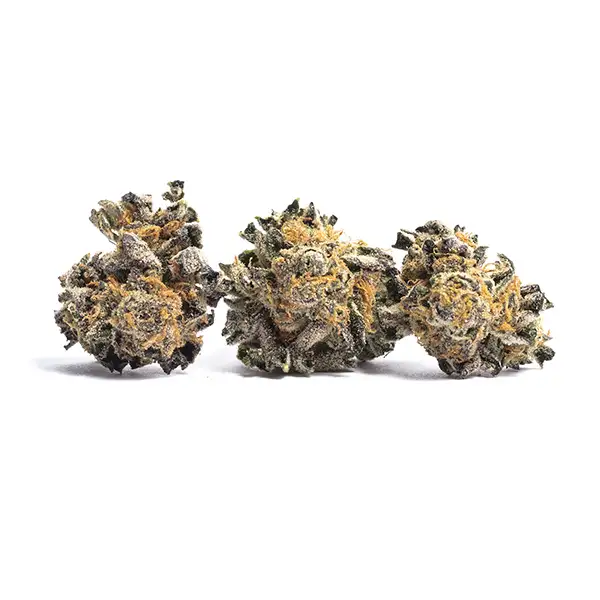
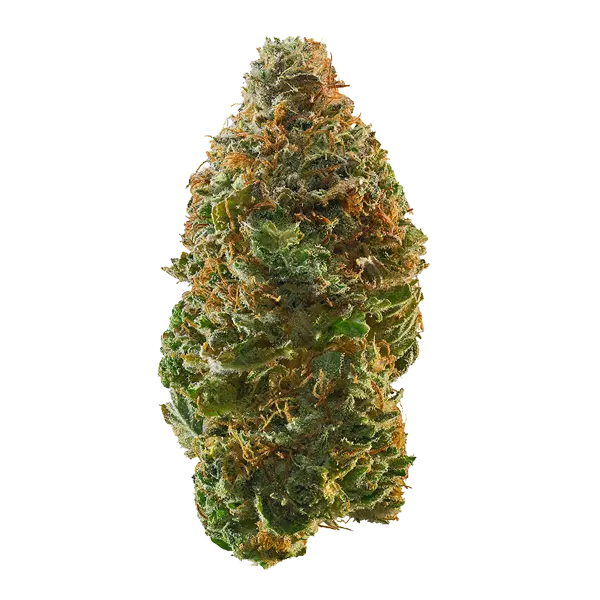
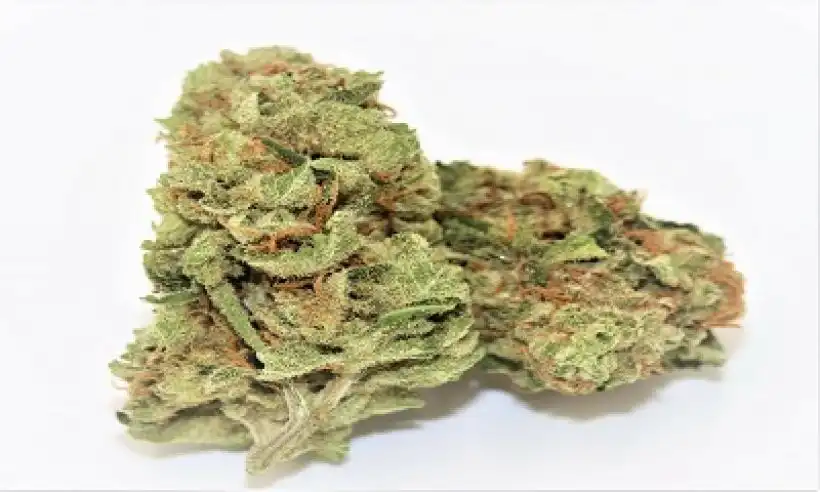
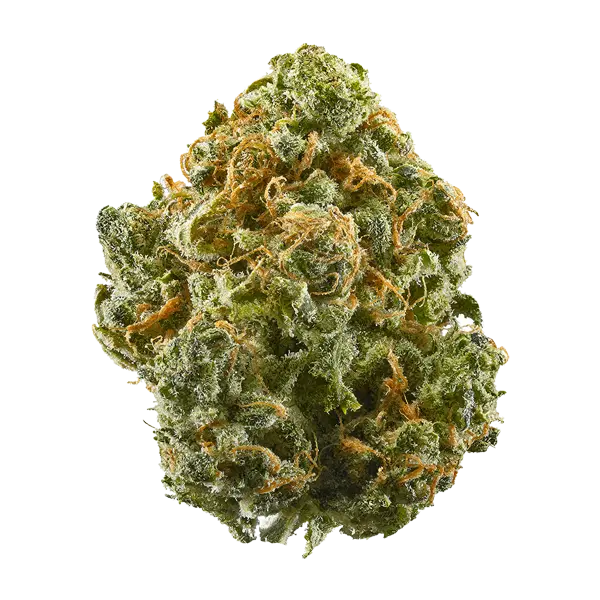
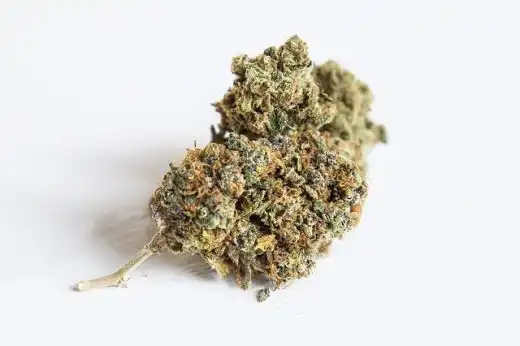
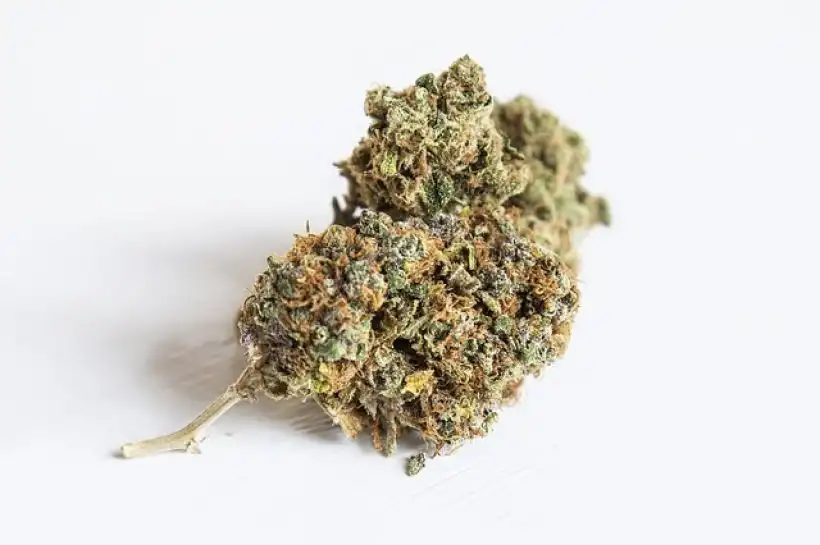
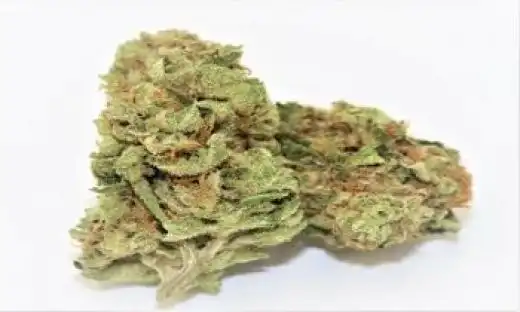
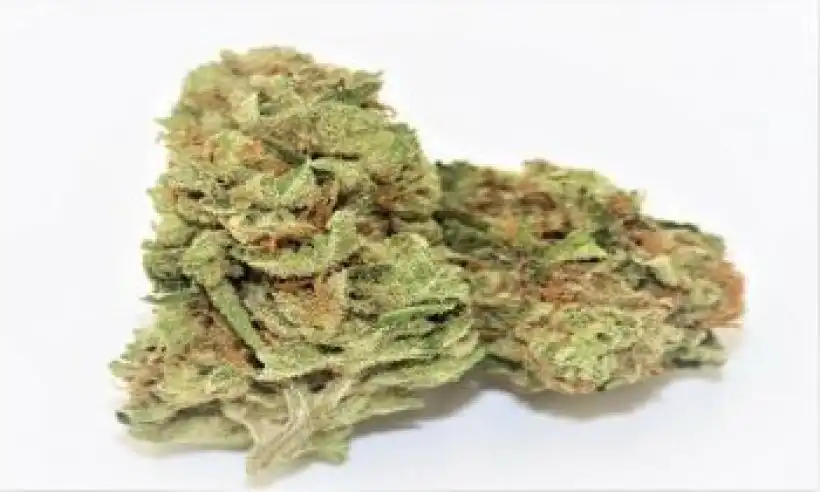
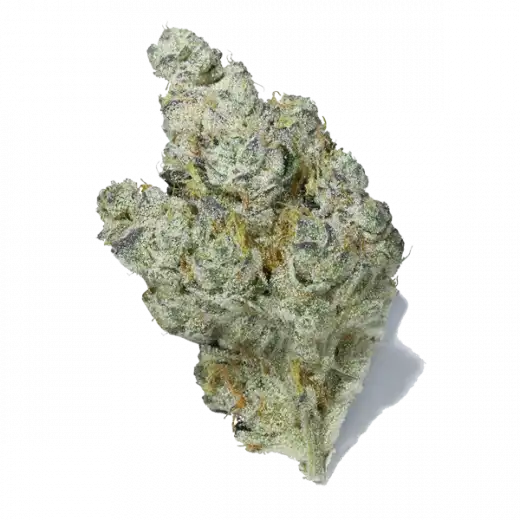
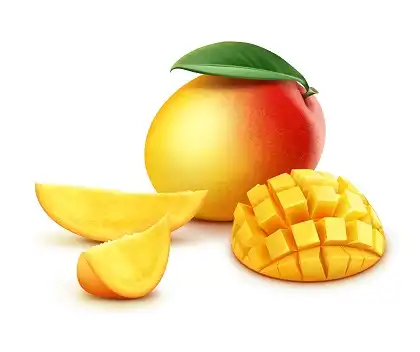
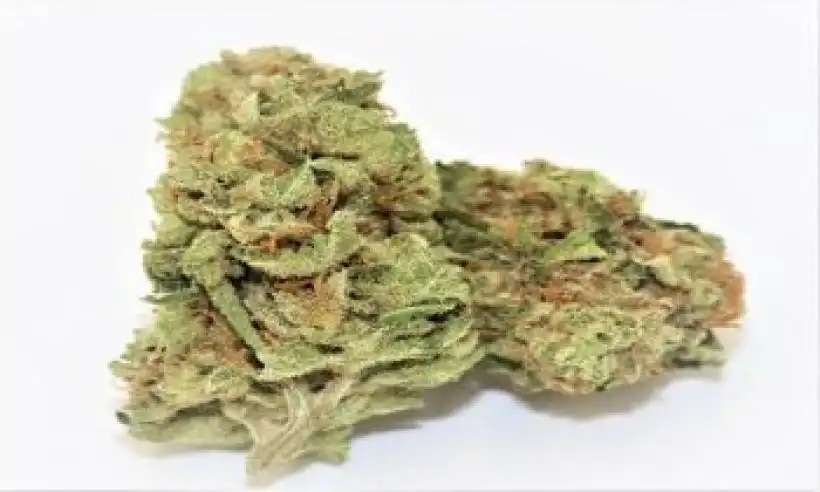
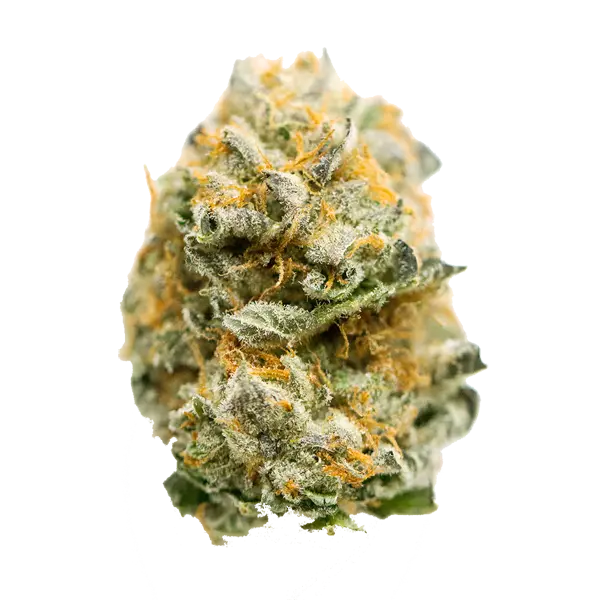
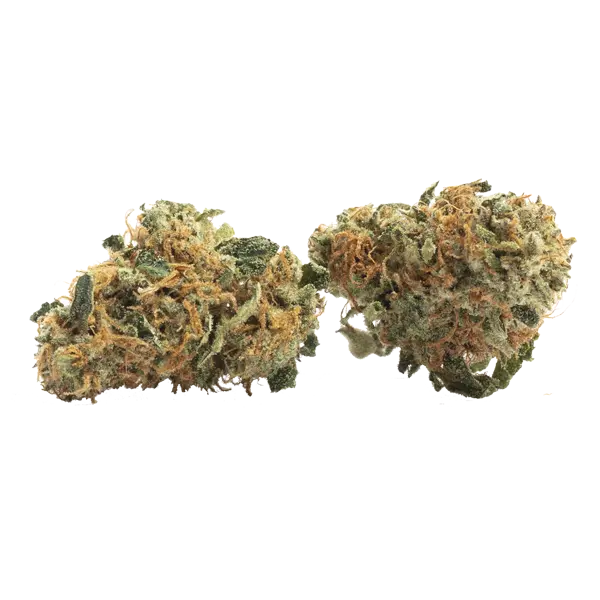
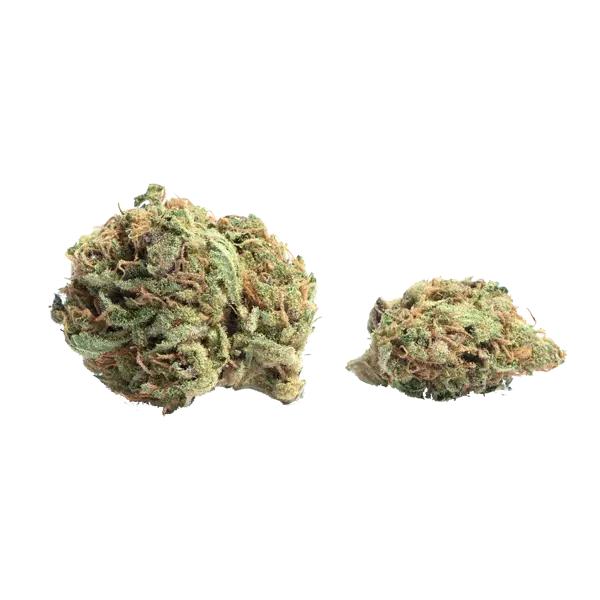
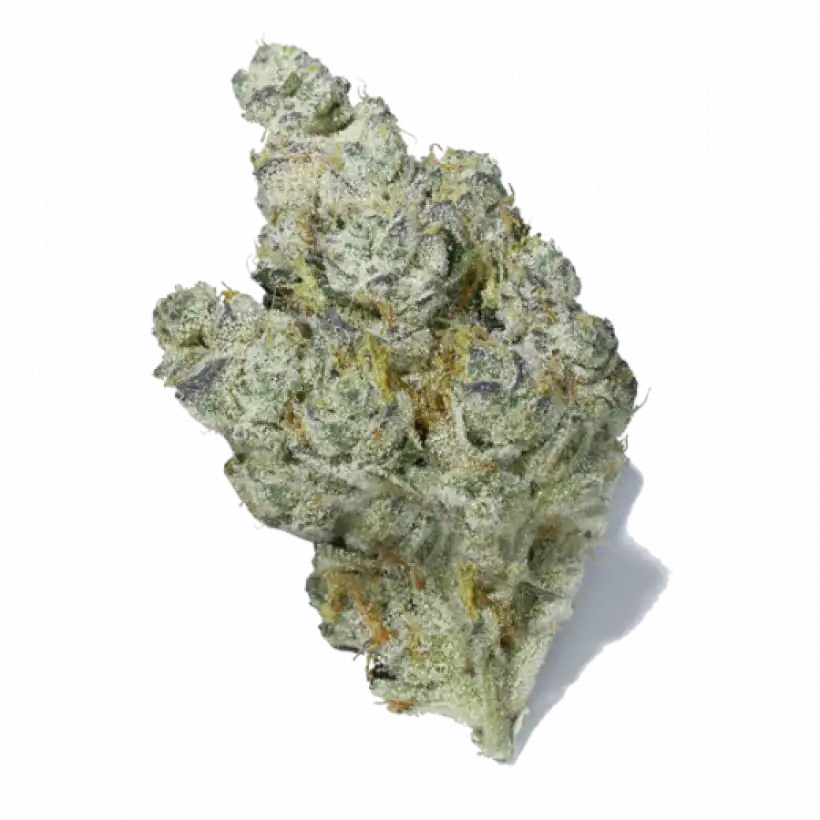
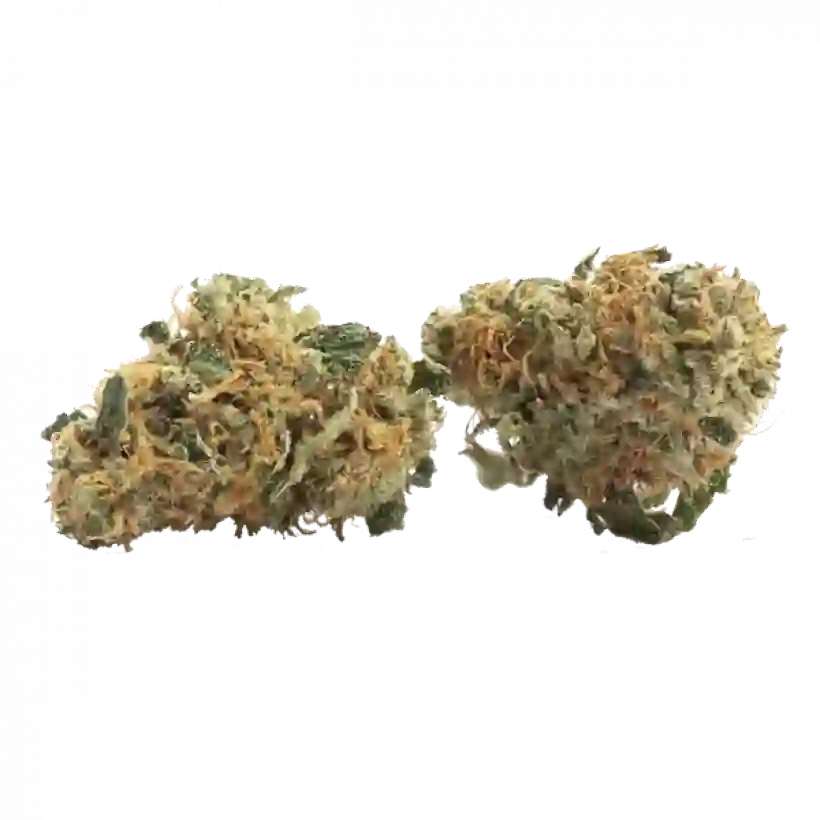
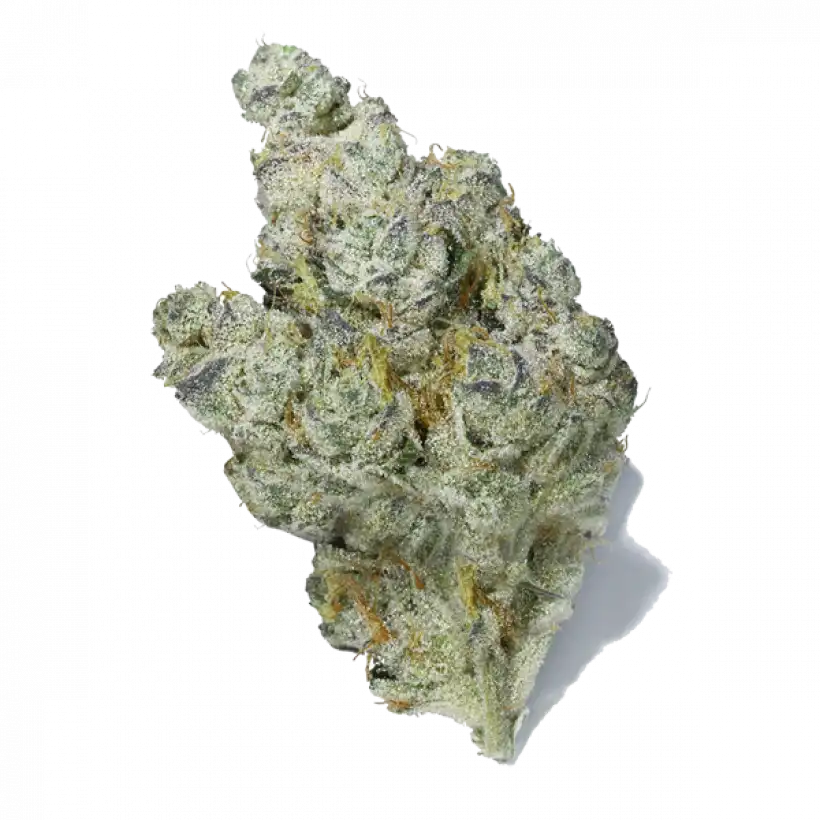
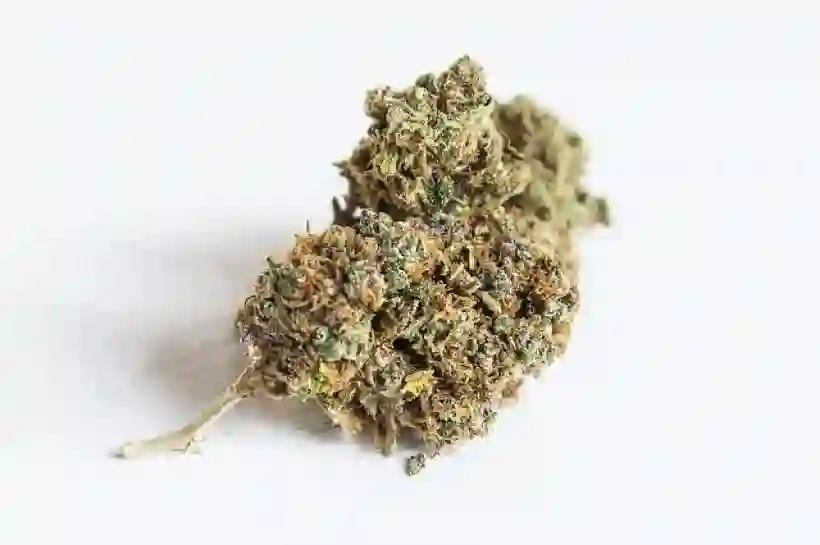
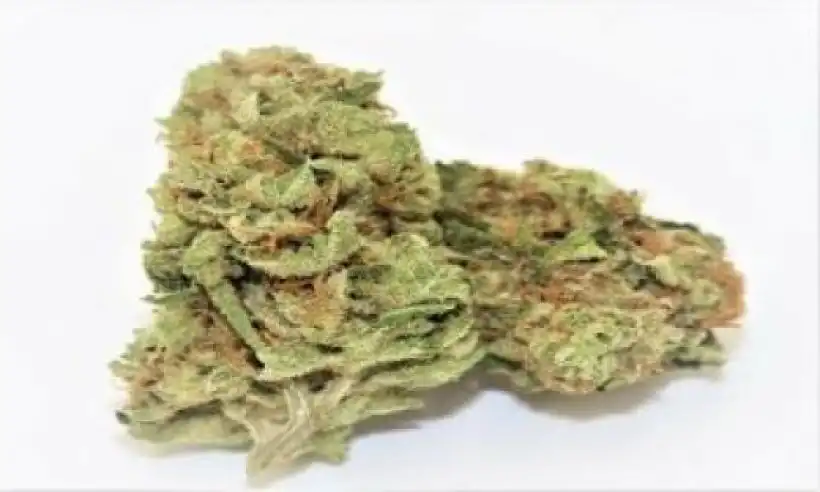
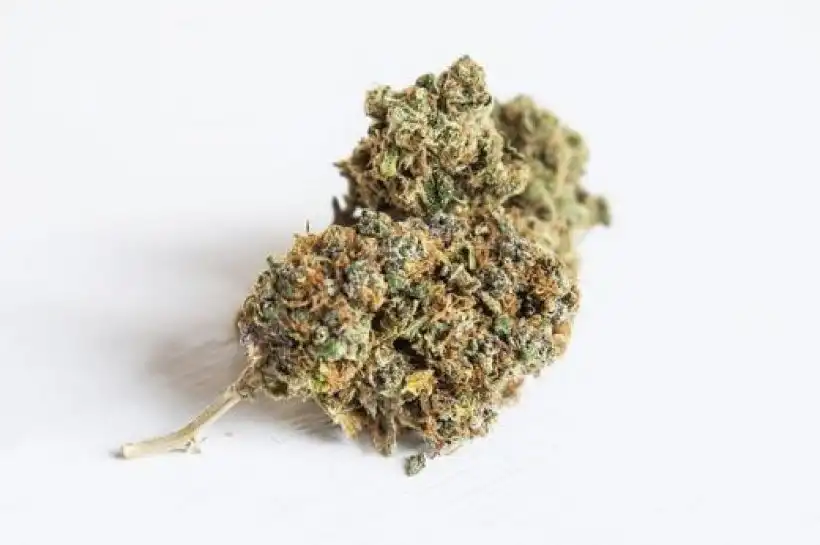

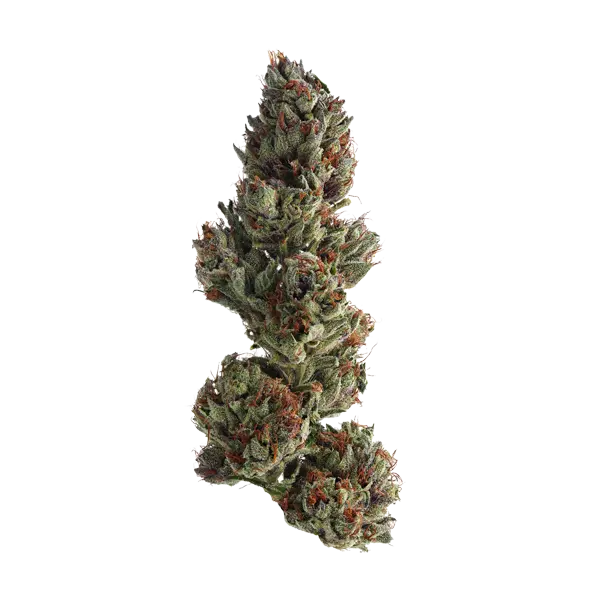
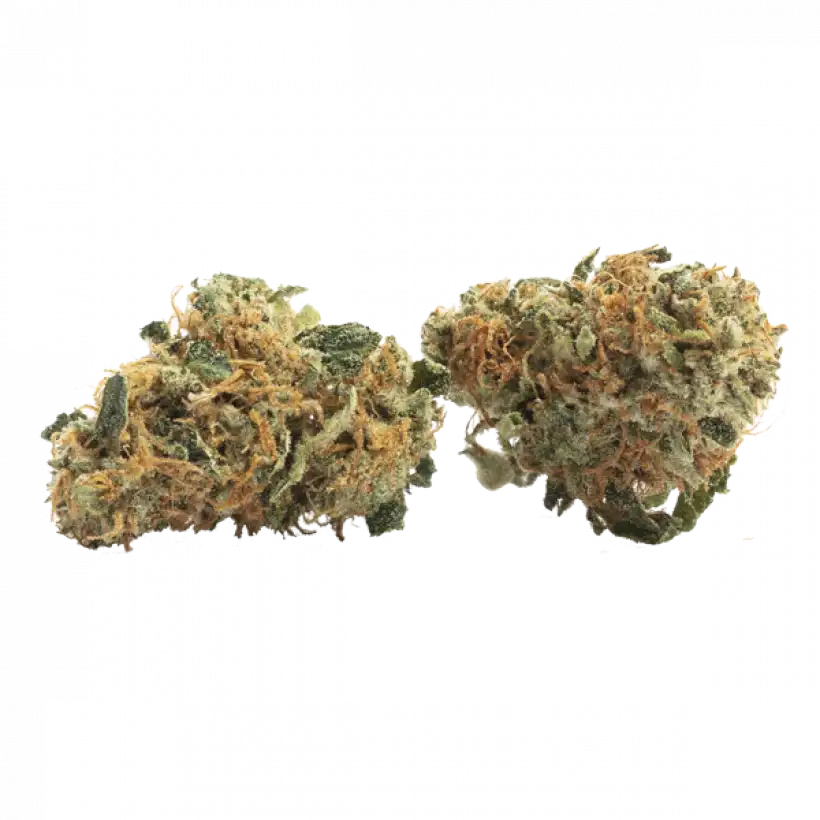

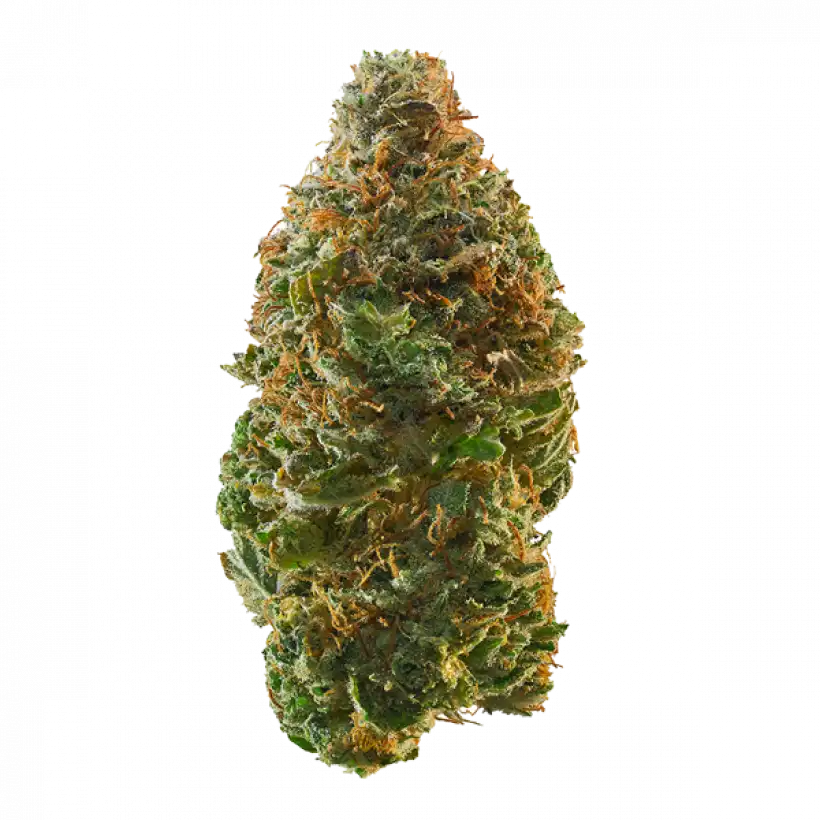
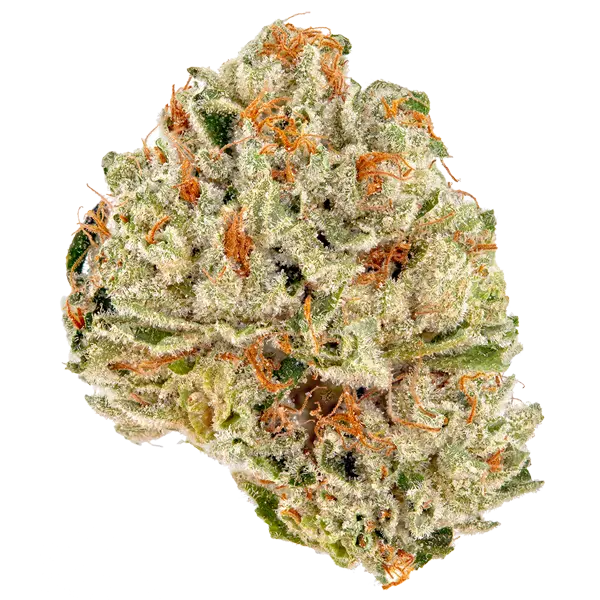
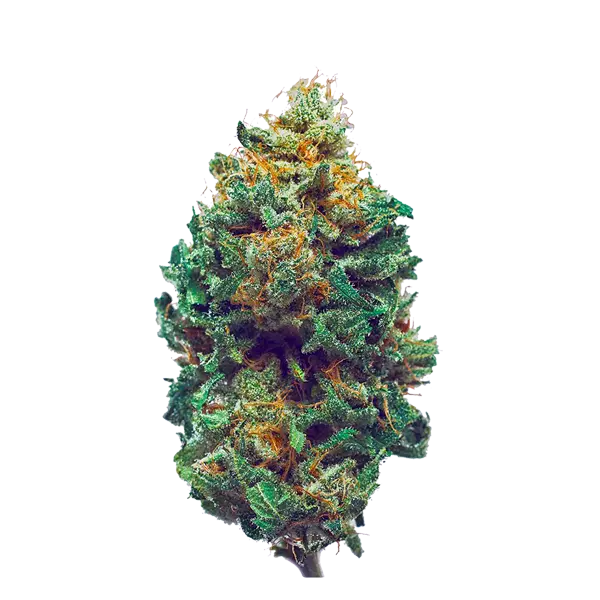
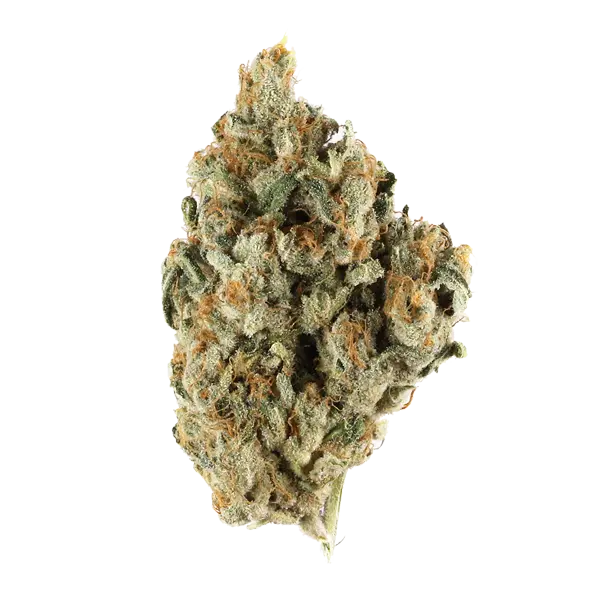
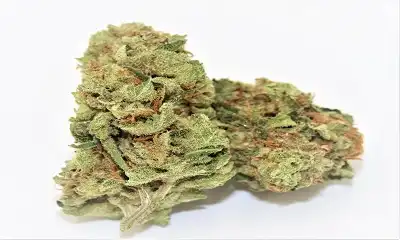
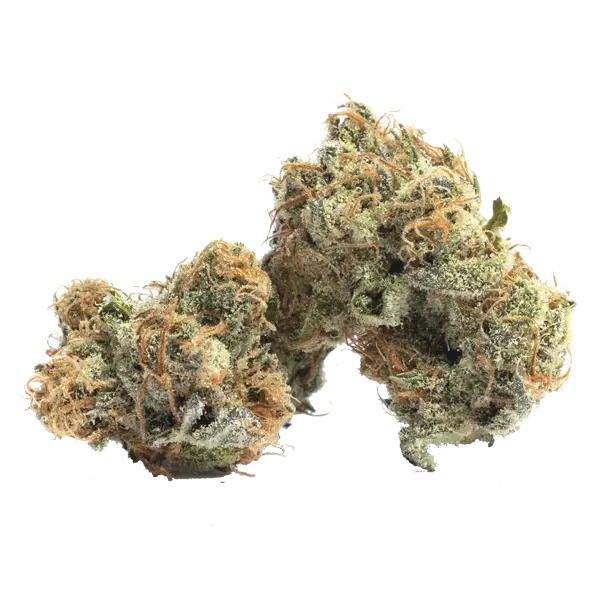
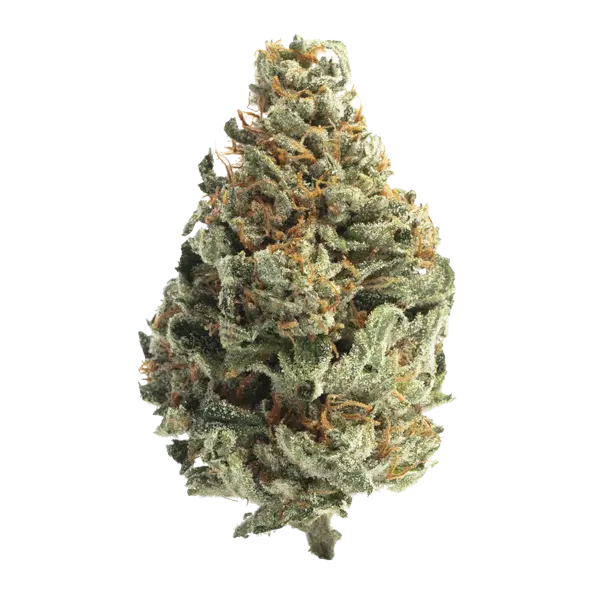
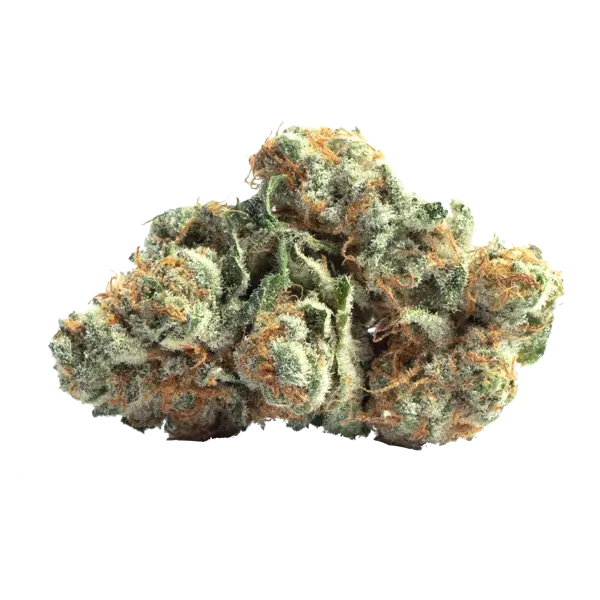
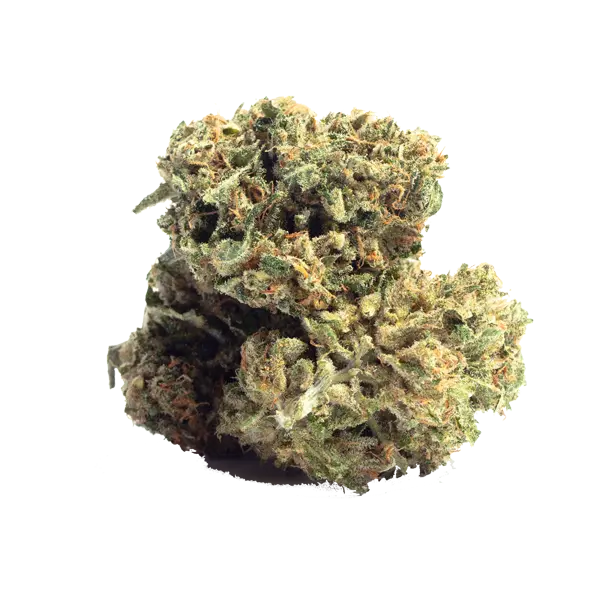
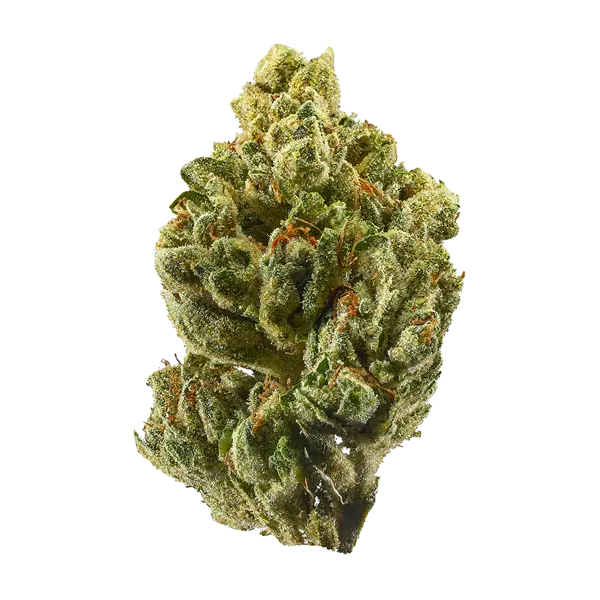
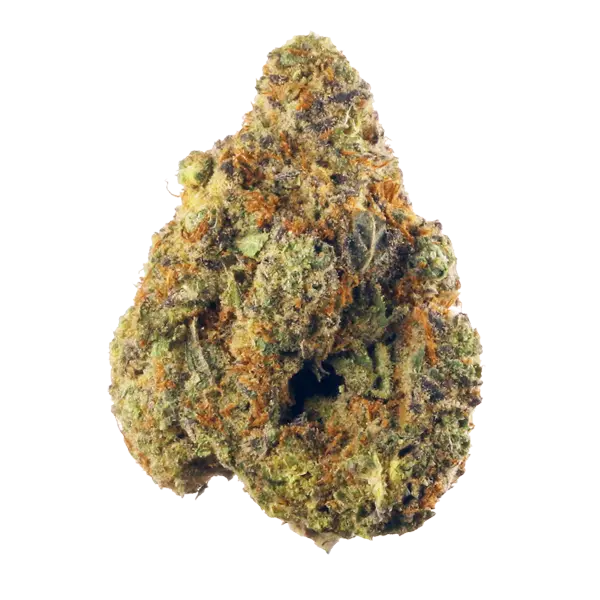
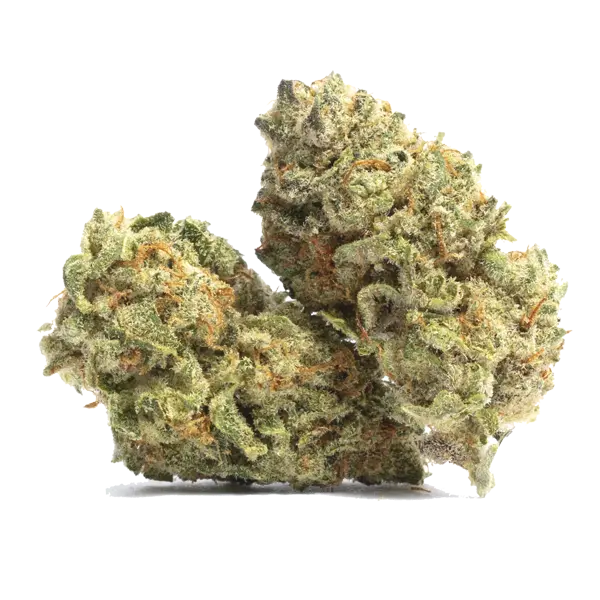
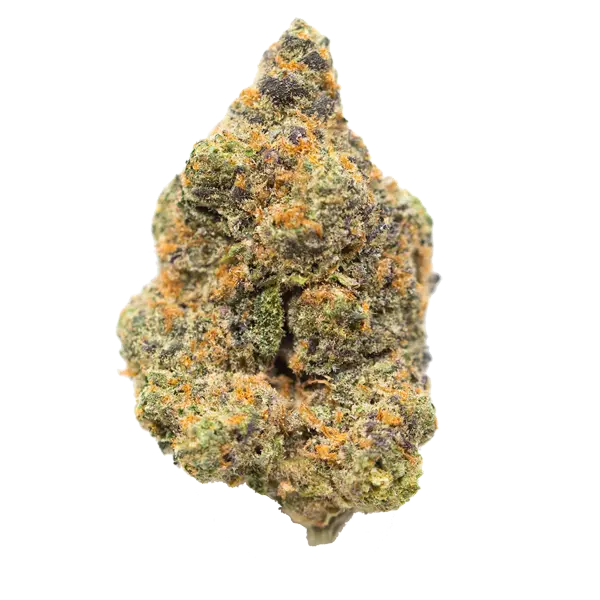
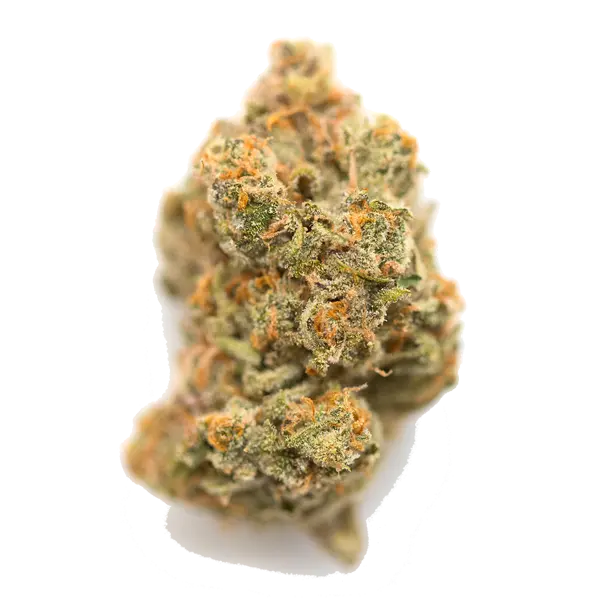
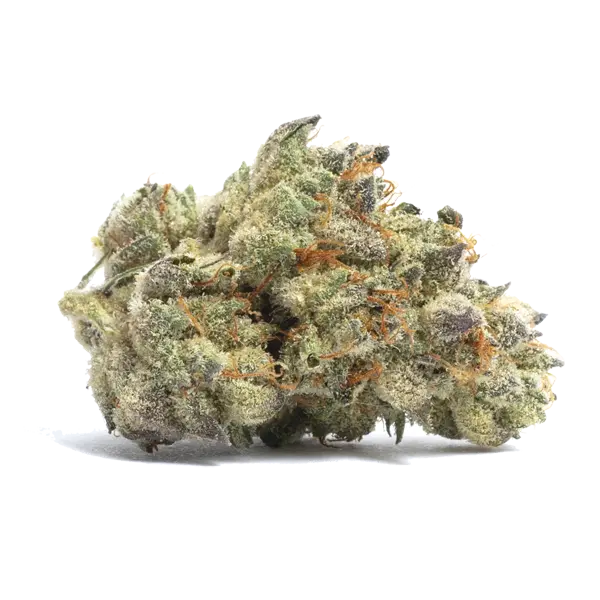
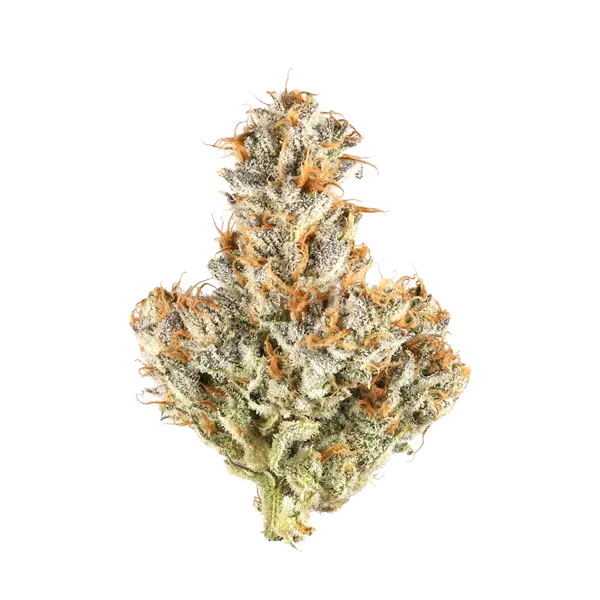
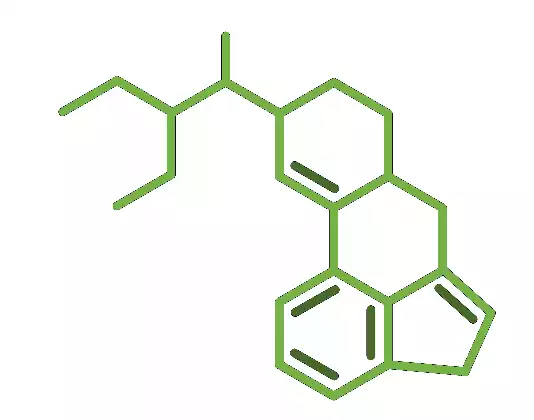

















 Bongs: The Many Different Types And How They Work
Bongs: The Many Different Types And How They Work Cannabis Therapy for the Treatment of Glaucoma Symptoms
Cannabis Therapy for the Treatment of Glaucoma Symptoms








